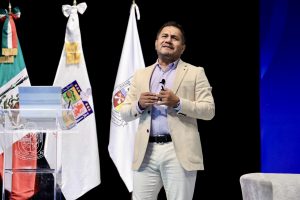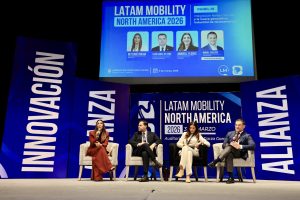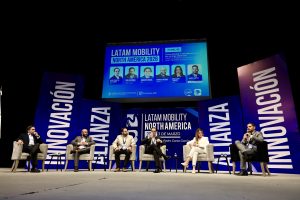
Enel X, Metro de Cali, Navitrans and Zamara-Valenzuela Present Solutions for Decarbonizing Public Transport in Colombia
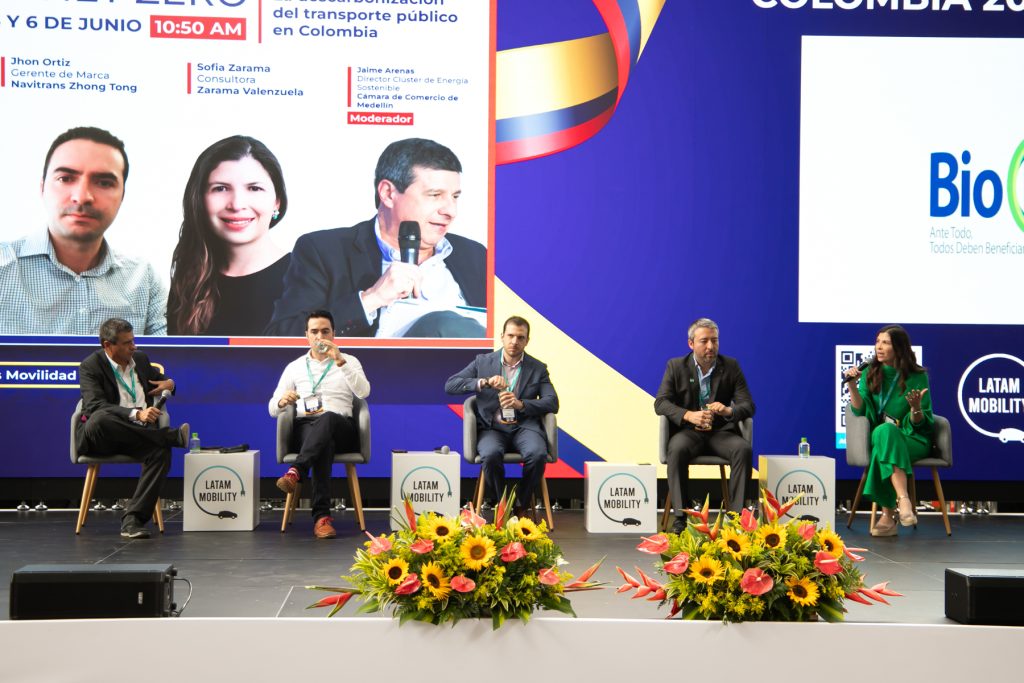
“Latam Mobility: Colombia 2024″, was the setting for the panel on decarbonization of public transportation in Colombia, where prominent leaders of private companies and public actors presented their perspectives on fleet conversion.
In this regard, Sofia Zarama, Consultant at Zarama-Valenzuela, spoke about her experience in Bogota’s public transport as a success case in the implementation of fleets to drive the transition to sustainable mobility.
“Bogota is a success story, there was political will for the transition. Structuring a solid business model was possible with elements such as the separation of ownership in which the investor does not assume demand risk. We provided the conditions for the electric bus project and now it is a reality”, she explained.
Zamara assured that currently, Colombian authorities have a clear understanding of having zero emission fleets, and the big question is “how to do it, how to achieve financing and generate attractive schemes for investors”.
Importance of Financing for Cali Metro
Álvaro José Rengifo, President of Metro Cali, described his experience in the development of sustainable mobility plans, work that adds up to more than a decade to achieve the decarbonization of transportation.
“The biggest challenge since 2010 is economic sustainability because it is difficult to guarantee good service provision. At the beginning the fleet was not co-financeable by the State and this began to change in 2019, the authorities began to correct this situation and give us equal treatment as the rail systems.
Even when great advances are presented, Rengifo considers that the financing is not enough, as well as the mechanisms and incentives have not been given.
“We need to break that circle so that new sources come out, we have advanced in policy and standards, but not with resources, the recipe is clear and support is needed,” he concluded.
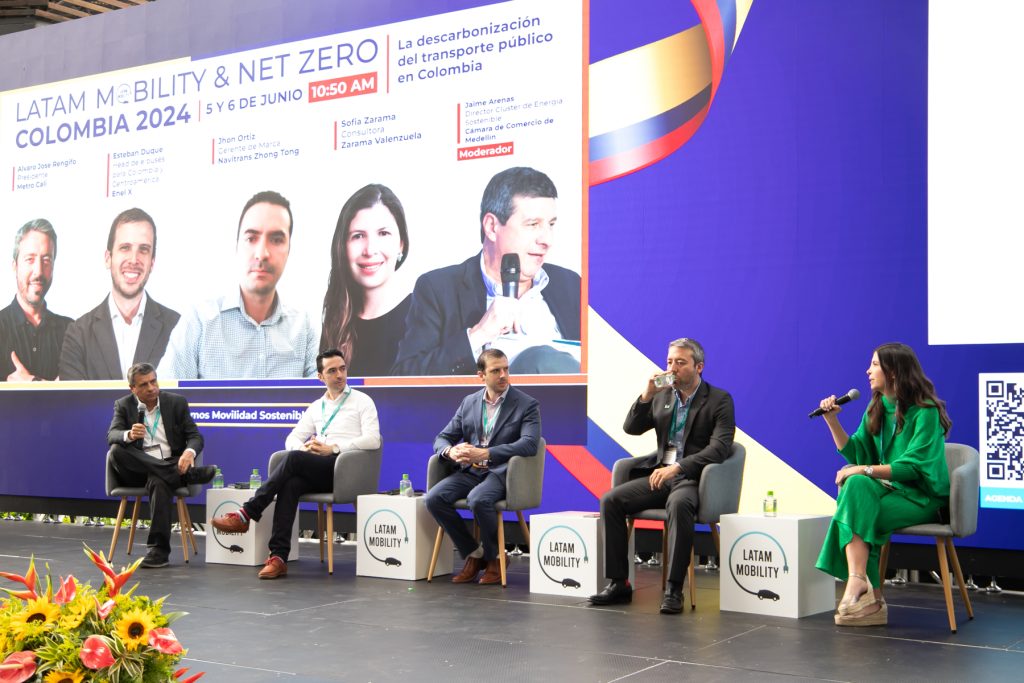
Enel X’s Leadership
Enel X continues to establish itself as one of the major driving forces behind electric mobility and Colombia in the region. In this sense, Esteban Duque, a Company Executive, assured that they are convinced that the electrification of fleets is the solution.
“We know that it is possible to decarbonize transportation, we started 2019 with Transmilenio integrating a successful solution,” he said. “There was an infrastructure issue that was required and we were called to be that support, we generated the first contracts in 2021, we understood that the business model was to integrate, not only to assemble charging infrastructure.”
For Enel X it is essential to work on the evolution of the business model, through a comprehensive scheme with full financing of the fleet. “In Bogota we integrated energy into the model and we bid for two tenders. Today we have six electroterminals and 401 buses operating,” said Duque.
He pointed out that the business model is flexible and it is important to adapt to the particularities of the cities with the aim of breaking down barriers in order to massify transportation.
State-of-the-art Technology with Navitrans
Jhon Ortiz, Brand Manager of Navitrans Zhong Tong, explained at the “Latam Mobility: Colombia 2024” that they have maintained their momentum with strong work on the sustainability component of the portfolio in a broader way with bus solutions of different sizes with electric, gas and diesel units.
“We have the possibility of building what each city needs with a vision of being a strategic ally in the evolution of the country through state-of-the-art technology to cities that are not so big,” he detailed.
Ortiz affirmed that drivers are convinced that technology and new energies are the solutions for mobility, for which Navitrans is shown as a great reference due to the fact that they have no restriction in terms of topography.
“Technologies are ready to break paradigms, we have to think of mobility as an ecosystem and seek the political will to make things happen,” he said.




